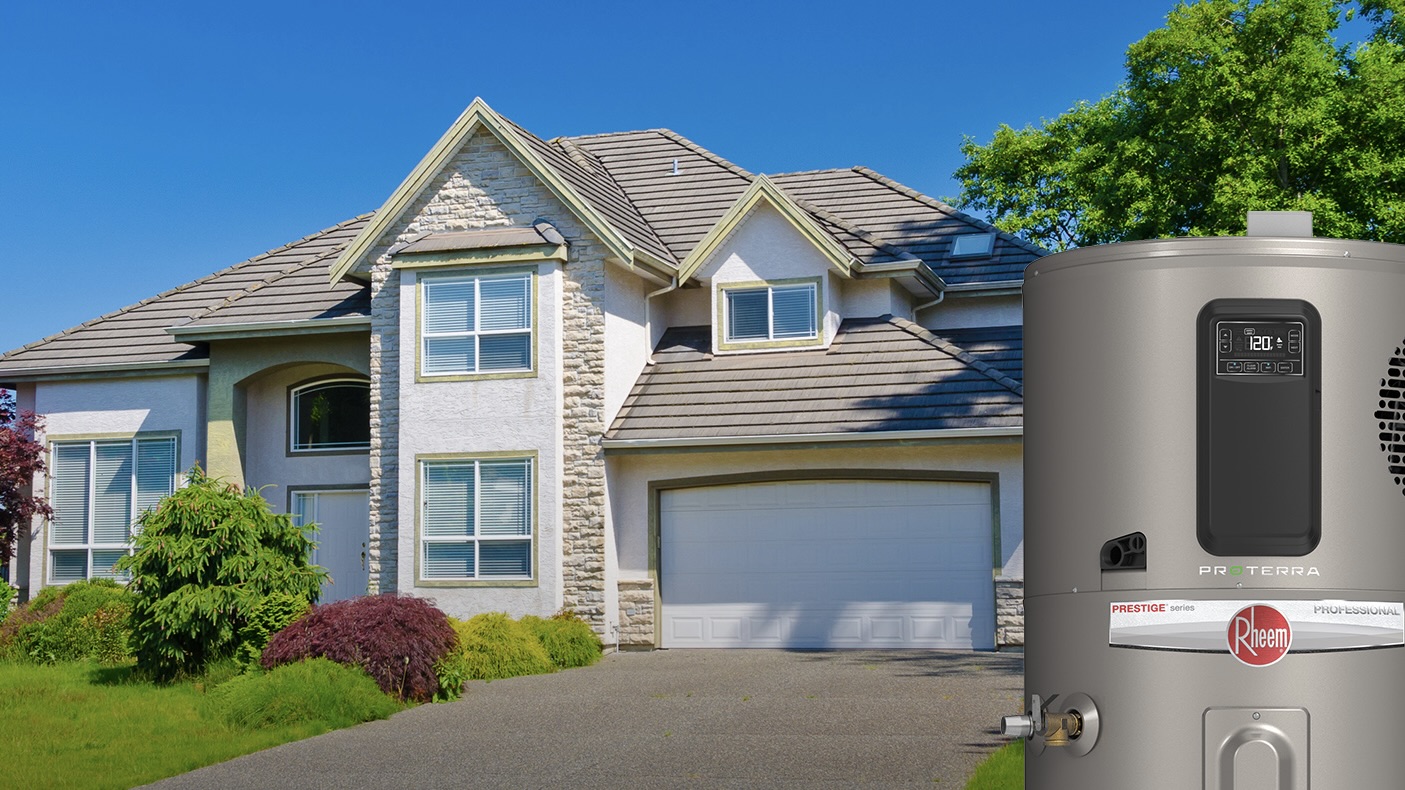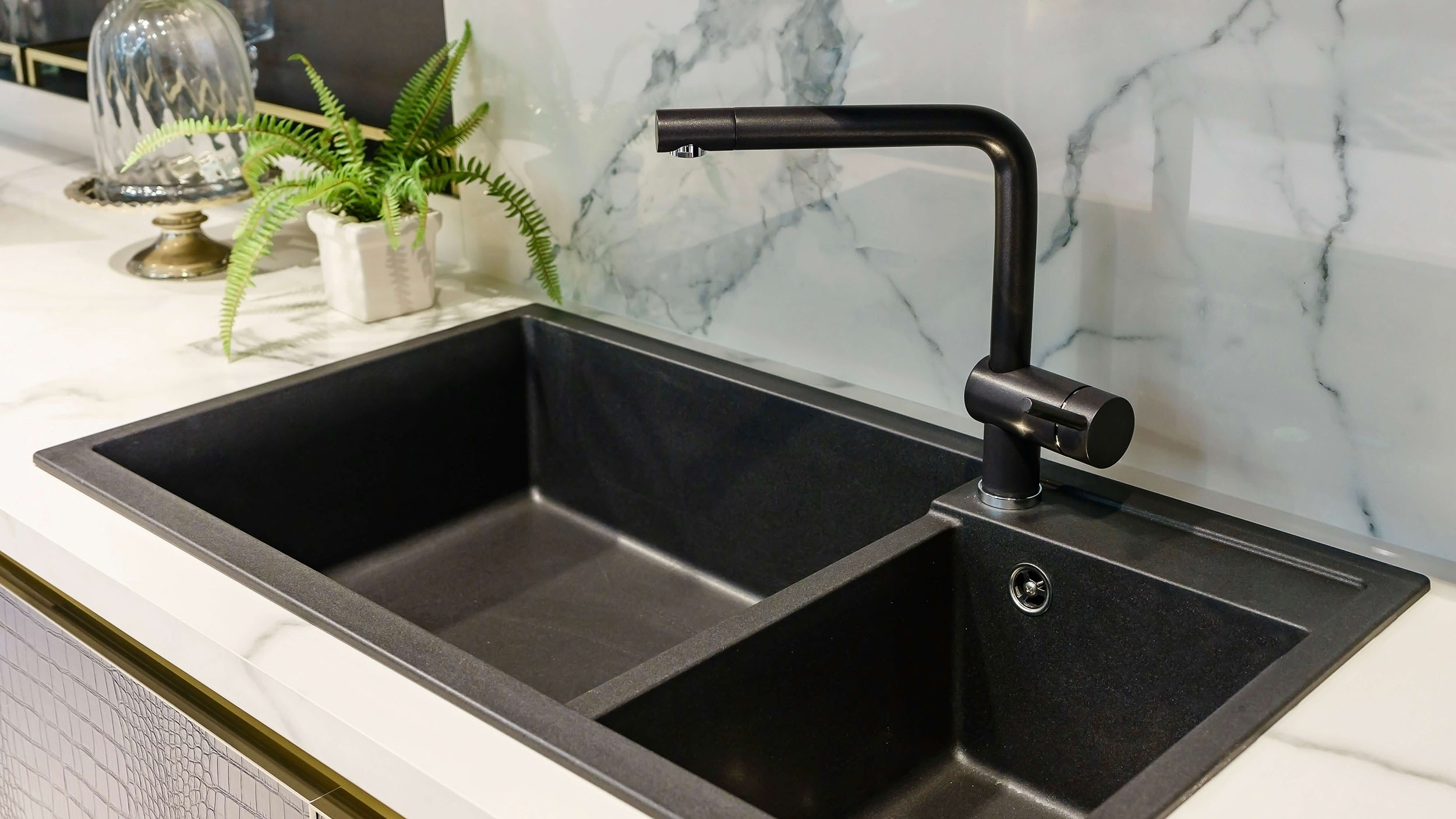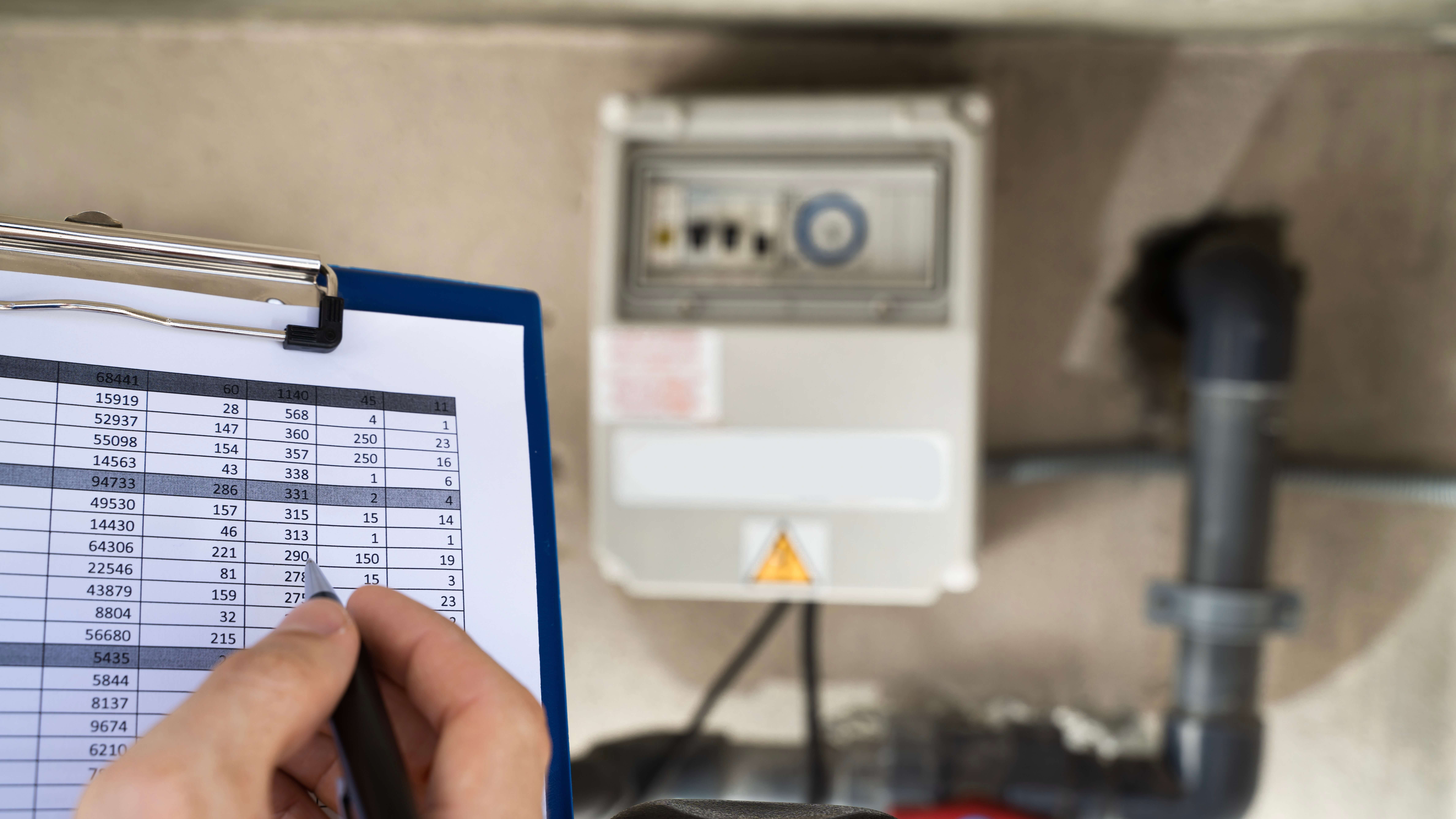With the average life span of a water heater being ten years, homeowners often ask if they should replace it before it leaks. How soon is too soon? How long is too long?
The simple truth is that water heaters never fail when the time is right. Most people wait until they come home to find a flood, making it a two-fold emergency. First, they have to contend with the water damage to their home. Then, they have to replace the water heater — often selecting a unit based on the cheapest price and fastest availability.
“Some plumbers, especially those working with home warranty companies, will advise customers to wait for a unit to fail because the warranty company will not pay for a new unit when the current unit is working, even if it isn’t working efficiently or showing signs that it is about to fail,” says Dan Gonzalez, owner of Flush It. “I’ve always advised my customers to look at their water heater differently. Proper maintenance can extend its life another five or ten years, but more importantly, help your family get ahead of any emergencies.”
According to Gonzalez, planning for your next water heater is never too early. Knowing which type, brand, model, and features can save you time and trouble later. The time to make those decisions is well in advance, especially if the homeowner would be interested in a tankless water heater, demand-type water heater, or solar water heater instead of a conventional one.
“Tankless water heaters have some advantages but are not for everyone. Typically, they provide hot water at a rate of two to five gallons per minute without ever running out of hot water,” said Gonzalez. “But if you have several people simultaneously taking a hot shower or are running a dishwasher or clothes washer on hot, then a tankless water heater might not work for your family.”
Gonzalez says that some plumbers will try to convince the homeowner to go with a tankless water heater, citing that it is more energy efficient and lasts longer. But tankless water heaters also cost more on the front end. It also makes a difference if the homeowner wants an electric or gas-fired model.
“You have to do your homework because even a tankless water heater isn’t as energy efficient as you think if it comes with a standing pilot light,” said Gonzalez. “You need to look at models with intermittent ignition device (IID) instead.”
Even if a homeowner wants to stick with a conventional water heater, there are several questions they need to answer. Most water heaters come with a 20- to 80-gallon tank, with a 50-gallon tank being the most common for three or four people.
The homeowner needs to consider the energy efficiency of any new water heater. The United States Department of Energy suggests looking at the uniform energy factor (UEF), which is based on how much energy the water heater uses and how much energy is used to power the water heater itself. The higher the uniform energy factor, the more efficient the water heater.
“I’ve found most brands to be relatively comparable, so I leave it up to the homeowner,” says Gonzalez. “But most customers seem to prefer Rheem or Bradford White.”
According to Bob Villa’s home advice, the top models of these two brands include the Rheem Performance 36,000 BTU Natural Gas Water Heater with a 40-gallon tank or Bradford White 50-gallon Defender Safety System High-Efficiency Water Heater. A.O. Smith is another popular brand.
By knowing which type, brand, and size, homeowners can start a reserve fund or rainy-day savings account for their future water heater. Then, they can either determine to purchase a new unit before an emergency or at least not have to answer dozens of questions in the event of an emergency.
“For customers who become members, I keep a record of their preferences, so it becomes much easier to make these decisions when that day comes,” said Gonzalez. “But more importantly, I’ll work with the homeowner to extend the life of their existing unit even longer, giving them time to save money for what they want instead of what’s available in an emergency.”
Gonzalez says there are several things Flush It can do to extend the life of a water heater long before it exhibits symptoms. These include:
• Flush the tank to remove any sediment.
• Inspect and replace the burner and igniter for safety.
• Change the anode rod to give it a second wind.
• Look for rust around the bottom, water inlet, and pressure relief valve.
Proper maintenance means some water heaters can last as much as five or ten years longer than the 10-year average. By extending the life of a water heater, homeowners have much longer to save up for what they want and, provided they are proactive, can increase the chance of avoiding water damage to their homes. For more information about the prevention program at Flush It or other water heater-related questions, call any time!






